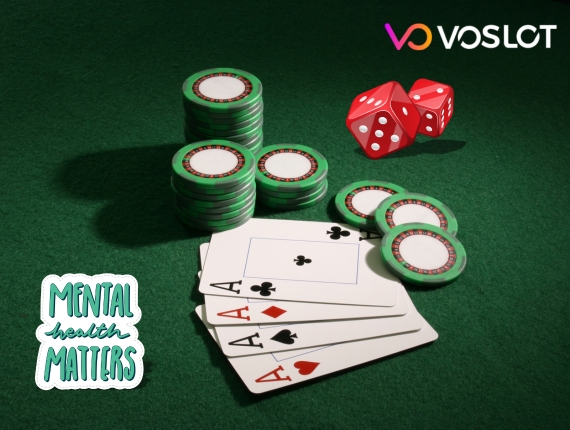Understanding the Effects of Gambling on Mental Health

Introduction
Gambling has long been a popular pastime, but its influence on mental health can be significant and multifaceted. This article explores how gambling affects mental health, discussing its psychological impact, the risks of addiction, and effective strategies for addressing these challenges. By understanding these effects, individuals can make informed decisions and seek appropriate help if needed.
The Psychological Impact of Gambling
Gambling can have diverse psychological effects on individuals, ranging from heightened excitement to intense stress. The thrill of gambling often leads to the release of dopamine, a neurotransmitter associated with pleasure and reward. However, excessive gambling can disrupt this balance, leading to anxiety, depression, and other mental health issues. Understanding these psychological impacts helps individuals recognize the signs of gambling-related distress and seek timely intervention.
The Risks of Gambling Addiction
Gambling addiction, or compulsive gambling, is a serious mental health condition that can have devastating effects on an individual’s life. Those struggling with addiction may experience a loss of control over their gambling behavior, leading to financial ruin, strained relationships, and emotional turmoil. Recognizing the symptoms of gambling addiction—such as preoccupation with gambling, escalating bets, and withdrawal from social activities—is crucial for seeking appropriate treatment and support.
The Link Between Gambling and Anxiety
The relationship between gambling and anxiety is complex. While some individuals may gamble to escape anxiety or stress, others may develop anxiety as a result of gambling losses and related problems. This cyclical relationship can exacerbate both gambling and anxiety issues, creating a challenging cycle that is difficult to break. Addressing both the gambling behavior and the underlying anxiety is essential for effective treatment and recovery.
Strategies for Managing Gambling-Related Mental Health Issues
Managing gambling-related mental health issues involves a combination of self-help strategies, professional support, and lifestyle changes. Key strategies include setting limits on gambling activities, seeking therapy or counseling, and engaging in alternative activities that provide a sense of fulfillment. Support groups and educational resources can also offer valuable assistance in managing gambling-related challenges and promoting mental well-being.
Conclusion
Gambling can significantly impact mental health, leading to a range of psychological and emotional challenges. Understanding these effects—ranging from addiction and anxiety to broader mental health concerns—is crucial for addressing and managing gambling-related issues. By recognizing the signs, seeking appropriate support, and implementing effective strategies, individuals can mitigate the negative impacts of gambling on their mental health and lead healthier, more balanced lives.





